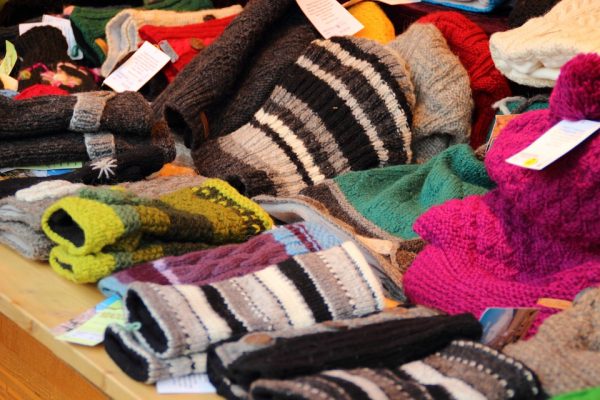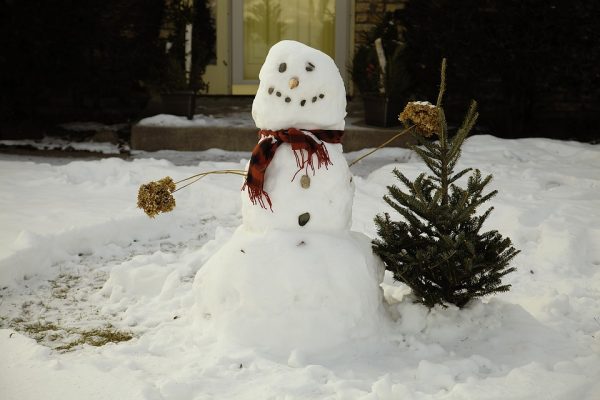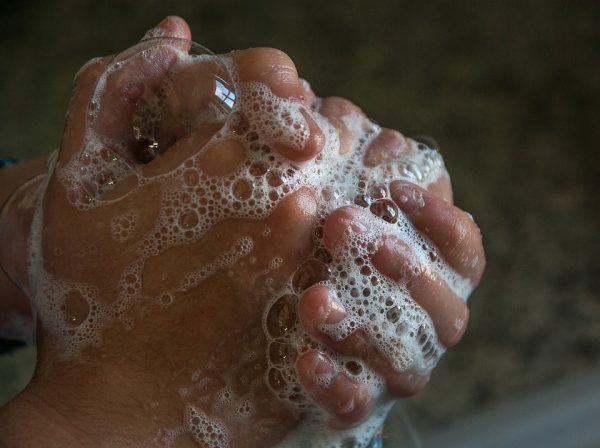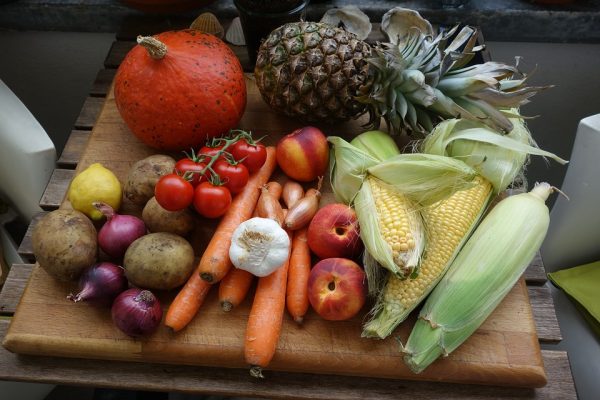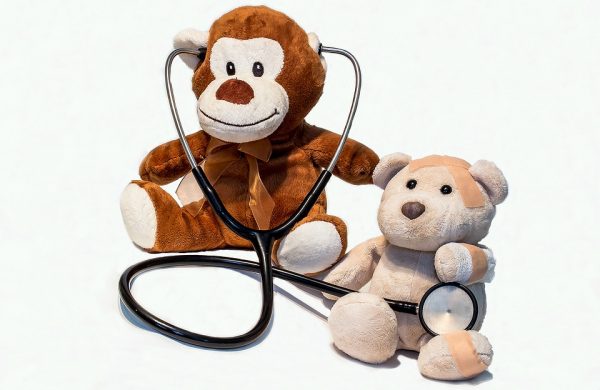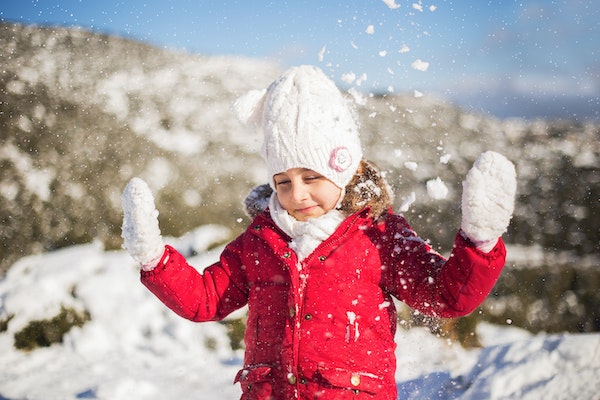With the Winter weather comes the annual outbreaks of coughs and colds. While it’s never nice to see our children sniffling and sneezing, this year is different; this year, it has never been so important to stay well this winter. With the pandemic still running rampant and causing chaos, we wanted to help put your mind at ease by showing you everything you need to know to help your children stay as well as possible.
5 tips to stay well this winter
Keep warm & dry
Changes in the winter climate mean that the world outside gets wetter, windier and colder. Whilst there is very little truth in the old wives tales of this causing pneumonia and viral infections, there is definitely sense in wrapping up and staying dry. The best way to do this is by wearing thin layers of natural fabrics like cotton, wool, and fleece rather than a single bulky layer, topped with a waterproof layer if it’s raining. This helps to control your children’s temperature by adding and removing layers as needed. Hats, loosely fitting scarves, and gloves also keep their extremities warm.
Wrapping up is particularly important for newborns and children with asthma as the frigid temperatures can exacerbate asthma attacks. If you know your child has asthma, make sure they take their prescribed medications and carry their inhaler and spacer with them throughout the season.
TOP TIP: If dressed appropriately, it is actually very healthy for children to be outside during the Winter months so don’t hibernate away for 3 months! Exercise is a great way to keep warm and the fresh air and sun are important for both psychical and psychological well-being during the long nights. Check the latest guidelines and get outside as much as you can as safely as you can.
Optimise your home
The importance of the environment doesn’t stop at the front door. There are some very simple things you can do to keep your home as health-friendly as possible during winter. Keeping your home at above 18ºC can ensure you are comfortable and ventilating your home with trickle vents and extractor fans when cooking or bathing prevents damp. Having good ventilation is particularly important during the pandemic as droplets hang in the air when it’s stagnant. If you have a window or two open just a crack, this will make sure that you have a constant stream of fresh air that is replacing any stagnant air.
Drawing curtains and using draft excluders can also prevent drafts which would add to the chill factor. All of this can help to keep you and your children well as cold and damp can exacerbate asthma and risks of complications from heart and lung problems. Whilst too cold is a problem, for babies make sure to not overheat them either – between 16-20ºC is ideal.
Hand hygiene is key
We all know how important hand hygiene is this year! But, for the sake of helping you stay well this winter, we are going to reinforce this.
The vast majority of winter illnesses are viral and are not treatable. Your body simply fights them but it can take a few days to weeks to get rid of them. Therefore, the best way to get well is to prevent them in the first place! The most effective way of doing this is practicing good hand hygiene and teaching your children to do this too. Whenever you cough or sneeze, do so into a tissue or your hands if one is not available, then throw the tissue in a bin and wash your hands in soapy water. Alcohol gel is suitable for unsoiled hands but can be more irritating than gentle soap for children so get sudsy instead where possible. Other techniques such as not sharing cups and cutlery can also prevent the spread of infections.
Eat healthily and take supplements if necessary
Eating a healthy, balanced diet with a good mix of fruit and vegetables, carbohydrates, proteins and some fats is essential to a growing child, especially so when they are using resources fighting bugs and keeping warm. Dairy and fruits and vegetables provide an essential mix of immune system boosting vitamins and minerals and meat, fish and pulses are packed full of protein for growth and repair. Keeping well-hydrated with plenty of water is also important as we lose water into the cold air when we breathe out and when we sweat in our warm clothing.
TOP TIP: if you feed your child a vegetarian or vegan diet or if they suffer from digestive conditions such as lactose intolerance, Crohn’s disease or coeliacs disease, they may benefit from taking multivitamins to supplement their regular intake and prevent illnesses.
Ask the doctor about the flu jab and other vaccinations
Vaccinations are the most effective method of preventing illnesses; they trick your body into thinking it has seen the infection before so when you next see the infection, your body is ready to fight it rather than scrambling its defences against the new bug. A lot of infections we target with vaccinations can occur at any point in the year such as mumps, tetanus, and polio. However, the flu is a classic winter infection whose incidence skyrockets in the winter months.
Flu is a viral infection which leads to a headache, nasal congestion, fevers, and aches. It is mostly just very unpleasant but in some case can be serious with more under 5’s admitted for flu than any other age group. The flu vaccine is offered as a nasal spray to children aged 2-8 or any child with a serious health condition like asthma, kidney or heart disease, diabetes, cancer, and splenectomy. It is needle-free, incredibly safe and very effective at protecting your child.
Important things to note: The flu vaccination is not suitable for severely immunocompromised children and those with egg allergies. If your child is unwell, their vaccination may be postponed until they have recovered. Your child may get a slight runny nose after the vaccination and this is normal.
A reminder for Covid safety
We can’t talk about how to stay well this winter without touching on the safety guidelines for Covid, so here is a reminder of what you should do on a daily basis:
-
Clean your hands often (with soap and for 30 seconds).
-
Cough or sneeze in your bent elbow – not your hands!
-
Avoid touching your eyes, nose and mouth.
-
Limit social gatherings and time spent in crowded places.
-
Socially distance from others (1-2 metres apart).
-
Avoid close contact with someone who is sick.
-
Clean and disinfect frequently touched objects and surfaces.
-
Stay at home as much as possible.
-
Wear a face mask in public.
If Your Child Gets Unwell
If your child gets unwell, don’t panic. Cold and flu, sore throats and winter vomiting are mostly simple and uneventful and your child will recover completely in a few days. If you are worried, or you think your child may be displaying Covid symptoms, speak to your pharmacist, call your GP or call 111 for professional advice. They will advise you on what to do.
If your child just has a normal cold, a healthy diet and good hydration will aid recovery and simple medication like paracetamol (Calpol®) and ibuprofen (Nurofen®) will help to relieve aches and fevers. Avoid using products with caffeine in and avoid aspirin products in under 16’s.
*Disclaimer: this article is purely for advice on how to stay well this winter. If you or any other person has a medical concern, you should consult with your health care provider or seek other professional medical treatment. Never disregard professional medical advice or delay in seeking it because of something that have read on this blog or in any linked materials.
At Schoolhouse Daycare, we enjoy learning, encouraging confidence and we love life! If you think your child would enjoy life at Schoolhouse, then please do not hesitate to arrange a visit.
